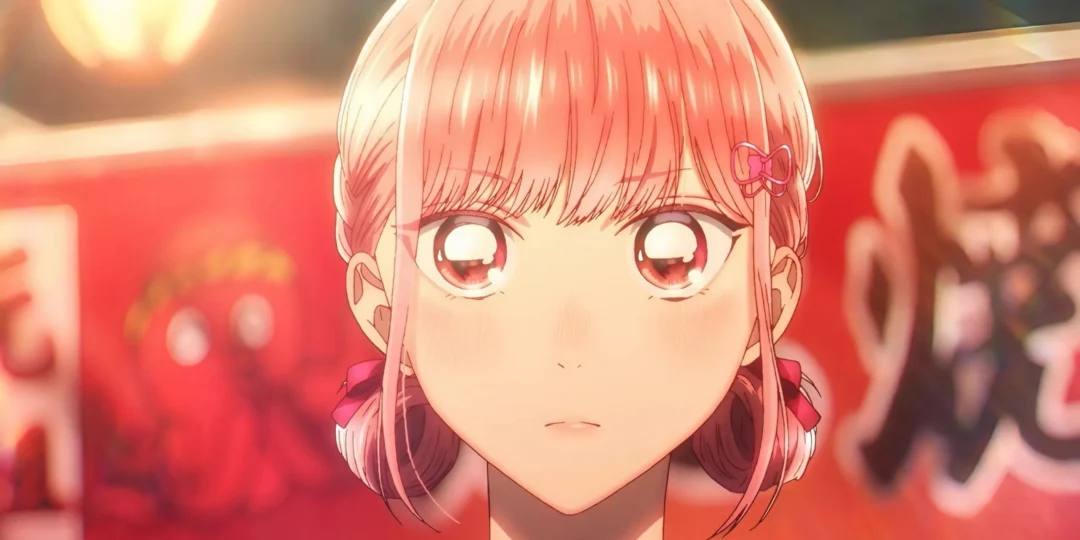The popular manga series, Blue Box, has experienced a massive surge in sales following the premiere of its anime adaptation. The series, which blends sports and romance, has captured the attention of audiences worldwide, leading to a significant boost in its manga sales. This phenomenon highlights the powerful impact anime adaptations can have on the popularity of their source material.
The Anime Effect: A Boost for Manga Sales
The anime adaptation of Blue Box premiered in October 2024, and it has been a major catalyst for the manga’s success. The release of the anime coincided with the publication of volumes 17 and 18 of the manga. Volume 18, in particular, saw a record-breaking sales increase, surpassing 150,000 copies sold, a first for the series. This surge in sales is a clear indication of the anime’s influence on driving demand for the manga.
Sales Figures Tell the Story
Before the anime’s airing, Blue Box manga volumes were averaging just under 100,000 copies sold. Volume 16 even saw a significant dip below this mark. However, the anime’s premiere brought a remarkable turnaround. Volume 17 rebounded, selling over 100,000 copies, and volume 18 exceeded all expectations with over 150,000 copies sold. During the anime’s initial run, total copies sold soared to over 1.1 million. In comparison, the total copies sold for the Blue Box manga since its 2021 launch is approximately 6.5 million. The three months following the anime release accounted for roughly a sixth of all copies sold since the series’ inception. Specifically, this included approximately half a million copies in October, a quarter of a million in November, and about 400,000 in December. These numbers underscore the substantial impact the anime has had on the manga’s sales figures.
The Rise of Blue Box
Blue Box, written and illustrated by Kouji Miura, has been serialized in Shueisha’s Weekly Shonen Jump since April 2021. The story revolves around Taiki Inomata, a badminton player, and his connection with Chinatsu Kano, a star basketball player. The manga has garnered acclaim for its unique blend of romance, slice-of-life, and sports elements, offering a refreshing take on the typical shonen manga formula. It focuses on character development and emotional nuance, and it stands out for its sensitive portrayal of young love and athletic ambition.
A Unique Blend of Genres
Blue Box distinguishes itself from other Shonen Jump offerings by combining elements of romantic comedy and sports. It emphasizes character interactions, and it explores the challenges of balancing personal relationships with athletic goals. The sports aspect, while important to the plot, is secondary to the characters’ emotional journeys. The series delves into the characters’ motivations and the intricacies of their relationships, all while set against the backdrop of competitive high school sports. This combination of genres makes Blue Box appealing to a wide range of readers.
The Anime Adaptation
The anime adaptation, produced by TMS Entertainment and animated by Telecom Animation Film, premiered in October 2024. The series is directed by Yuichiro Yano, with Yuko Kakihara handling series composition and screenwriting. The voice cast includes Shoya Chiba as Taiki Inomata and Reina Ueda as Chinatsu Kano. The anime has been streamed on platforms such as Netflix, introducing the story to a wider audience. The anime adaptation has not only drawn in existing manga fans, but it has also attracted new viewers, thus further driving up the sales of the manga.
A Growing Trend
The success of Blue Box mirrors a broader trend in the manga and anime industry. Anime adaptations are frequently used to boost sales of manga series and to introduce them to new audiences. Series like Attack on Titan and Tokyo Ghoul have also seen significant increases in their manga sales after anime adaptations. This strategy is effective because anime provides a visual and auditory representation of the story, attracting viewers who might not otherwise pick up the manga. The success of these adaptations has solidified the anime industry’s role as a promotional tool for the manga market.
The Global Manga and Anime Phenomenon
The popularity of manga and anime has been growing rapidly both in Japan and internationally. Manga sales in the U.S. quadrupled from 2019 to 2022, with a peak of 28.4 million copies sold. It is now a top-four fiction category in the U.S., trailing only romance, thrillers, and fantasy. This growth has been propelled by the accessibility of digital manga, low-cost streaming services, and the increased exposure to anime on platforms like Netflix. The global fanbase of manga has expanded since the 1990s and is fueled by popular titles like Dragon Ball Z, Death Note, and Sailor Moon.
The Cultural Impact
The international spread of manga culture is evident in the popularity of merchandise, video games, cosplay, and influences on art, music, and fashion. Anime films have also achieved significant success, with films like Dragon Ball Super: Super Hero topping box office charts in the U.S. The cultural impact of manga and anime is undeniable, as it is shaping entertainment trends globally and is introducing a unique artistic form to new audiences.
Blue Box: A Rising Star
Blue Box has shown its potential to become a major player in the sports and romance genres. Its rising popularity and significant sales increases showcase the power of anime adaptations to elevate manga series. The series’ blend of romance and sports resonates with a broad audience, and it appeals to both established manga fans and new readers. With the success of the anime adaptation, Blue Box is set to continue its upward trajectory. Its unique storytelling, relatable characters, and beautiful art make it a standout title in the manga world. The impressive sales figures, as well as its high ranking on various charts, prove that Blue Box is indeed a rising star in the manga and anime scene.










